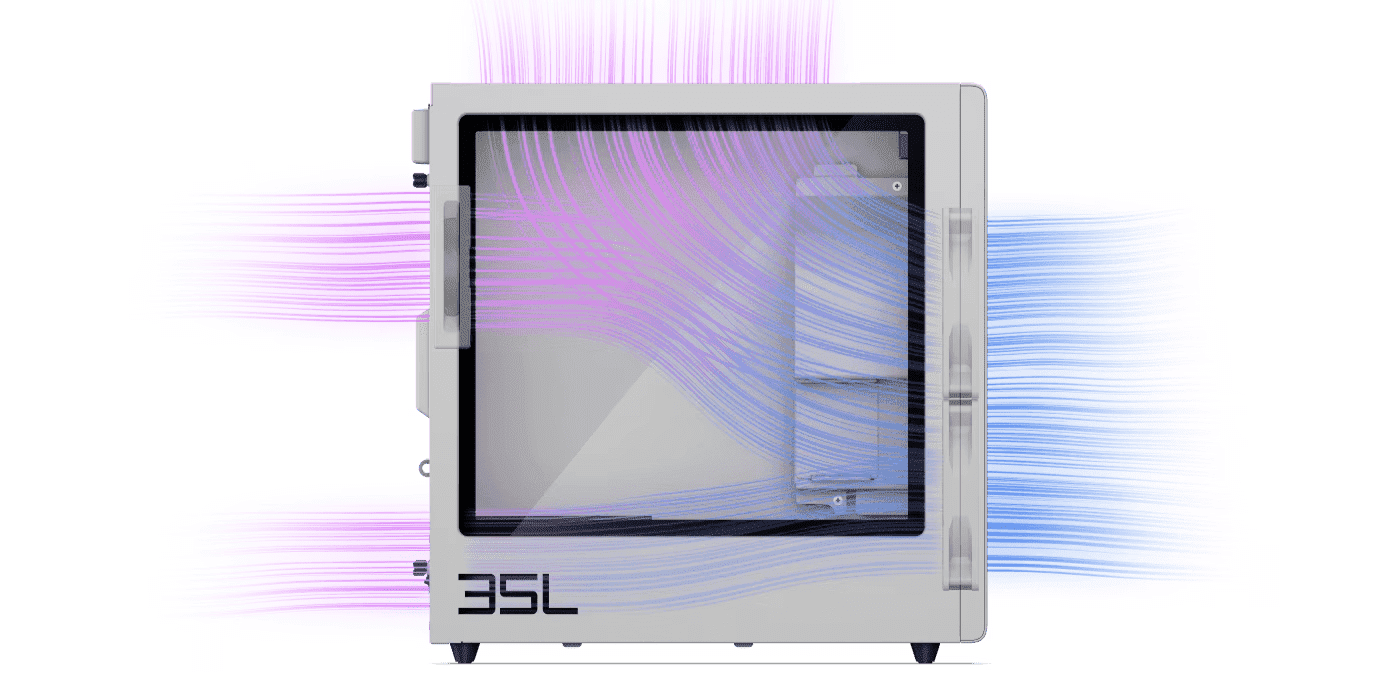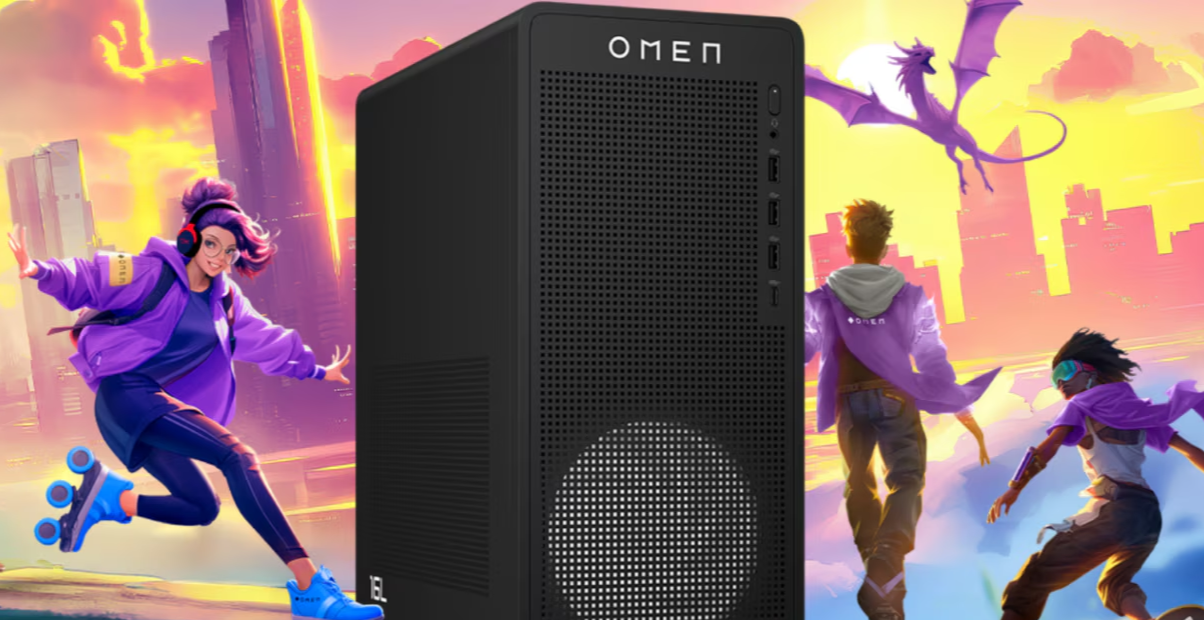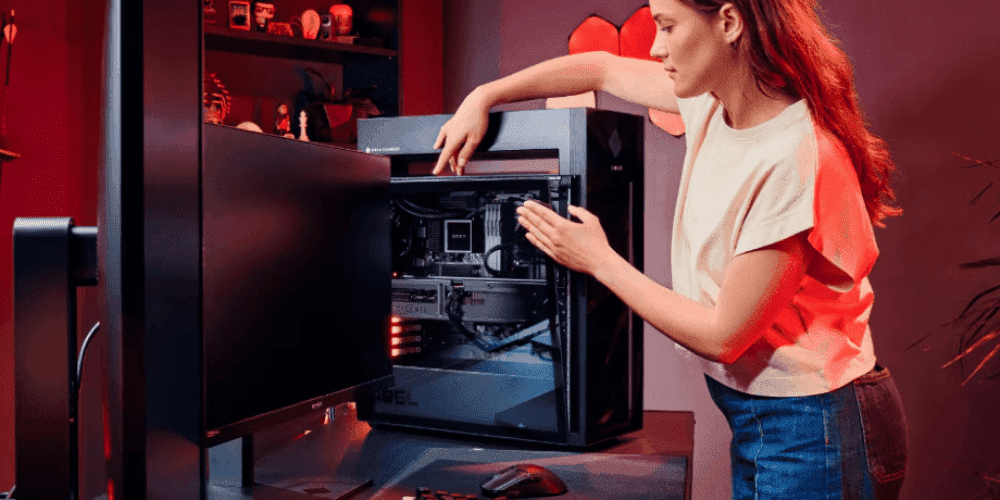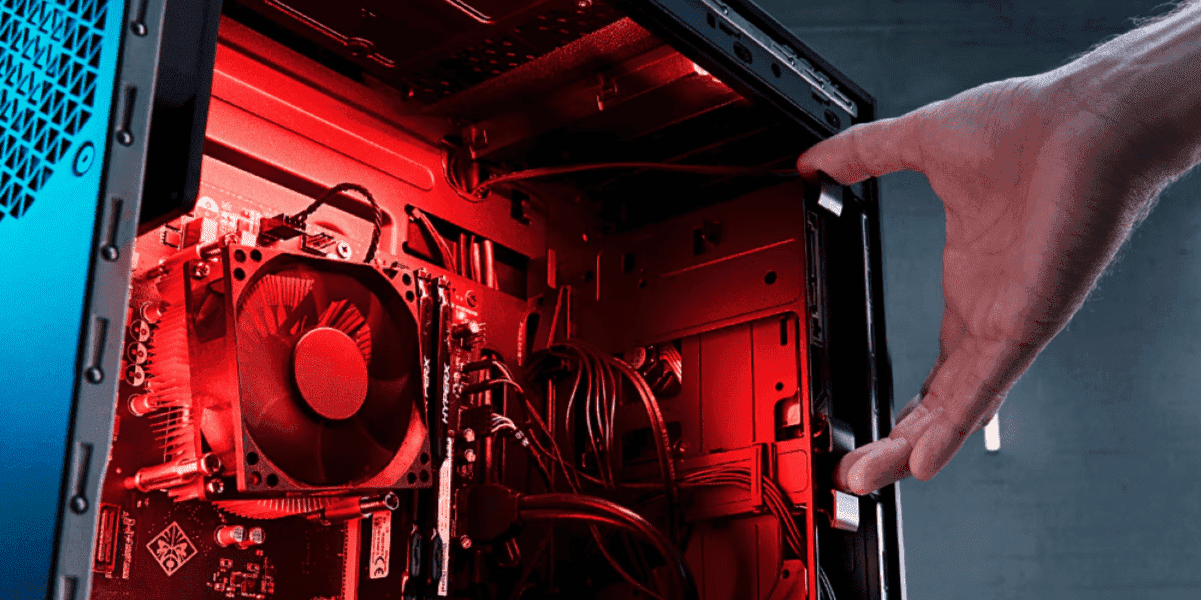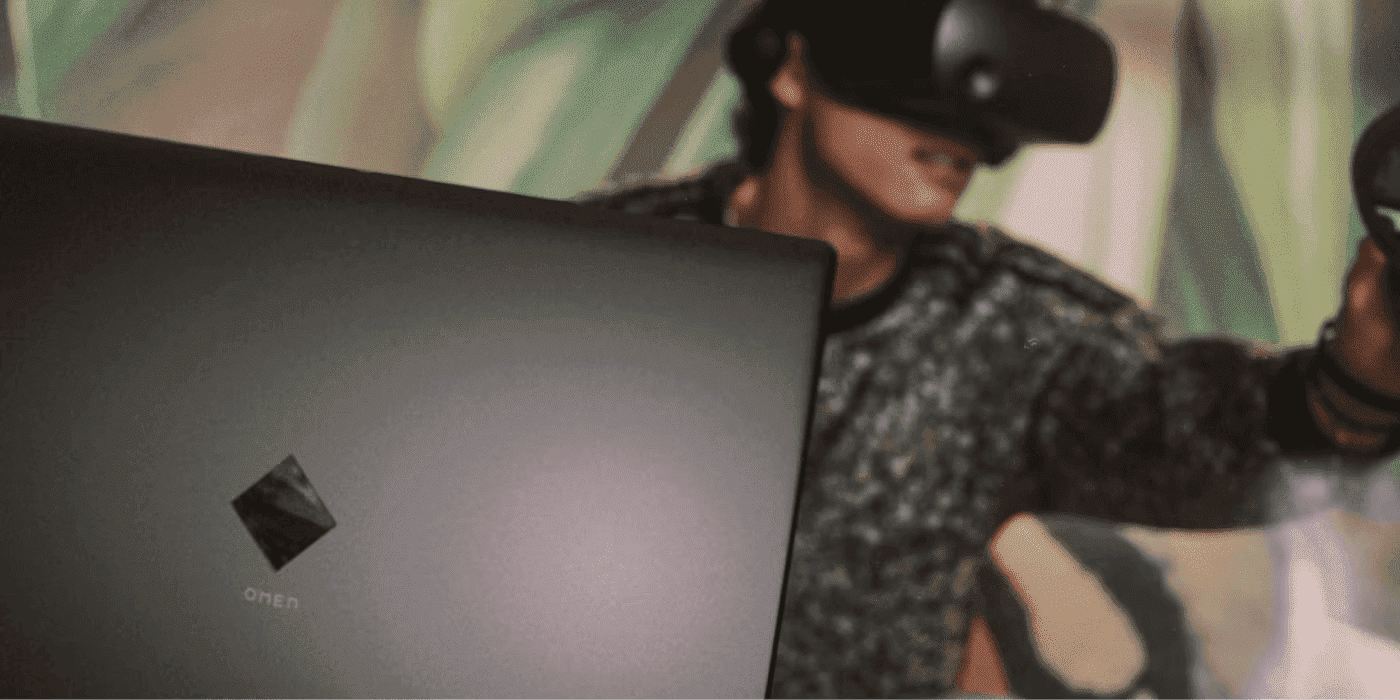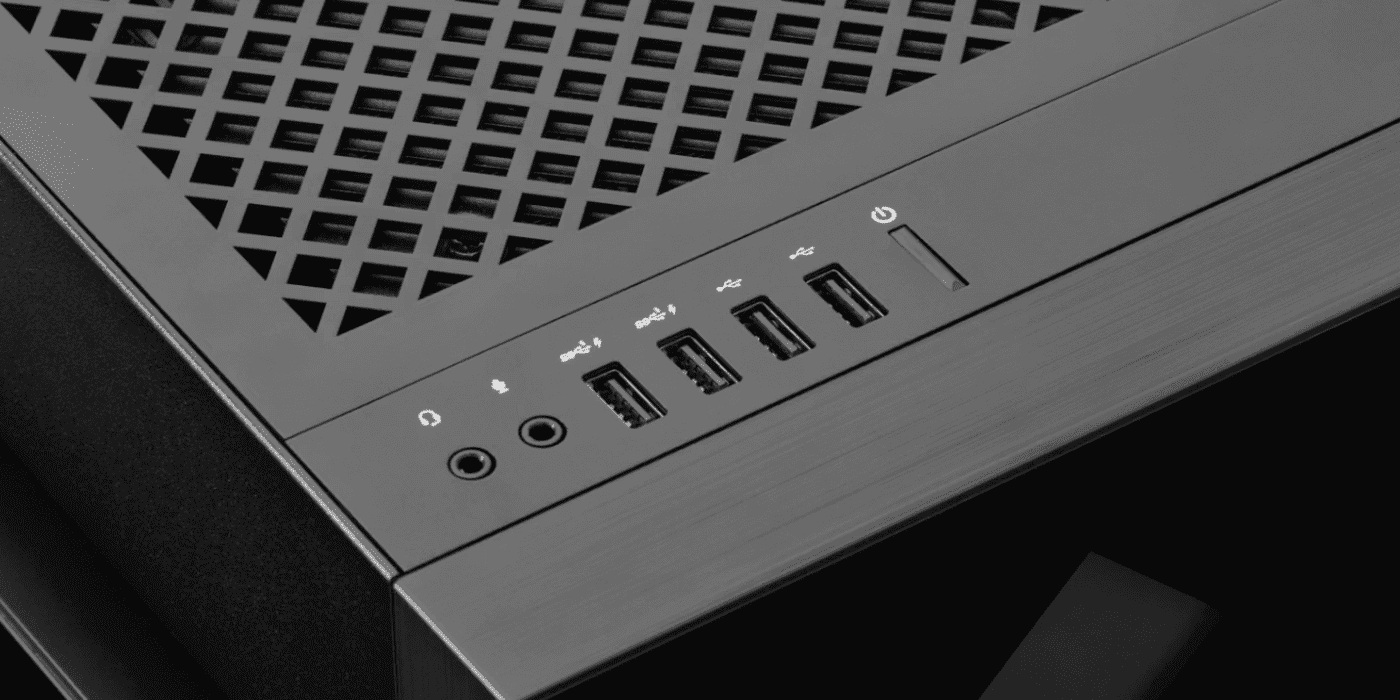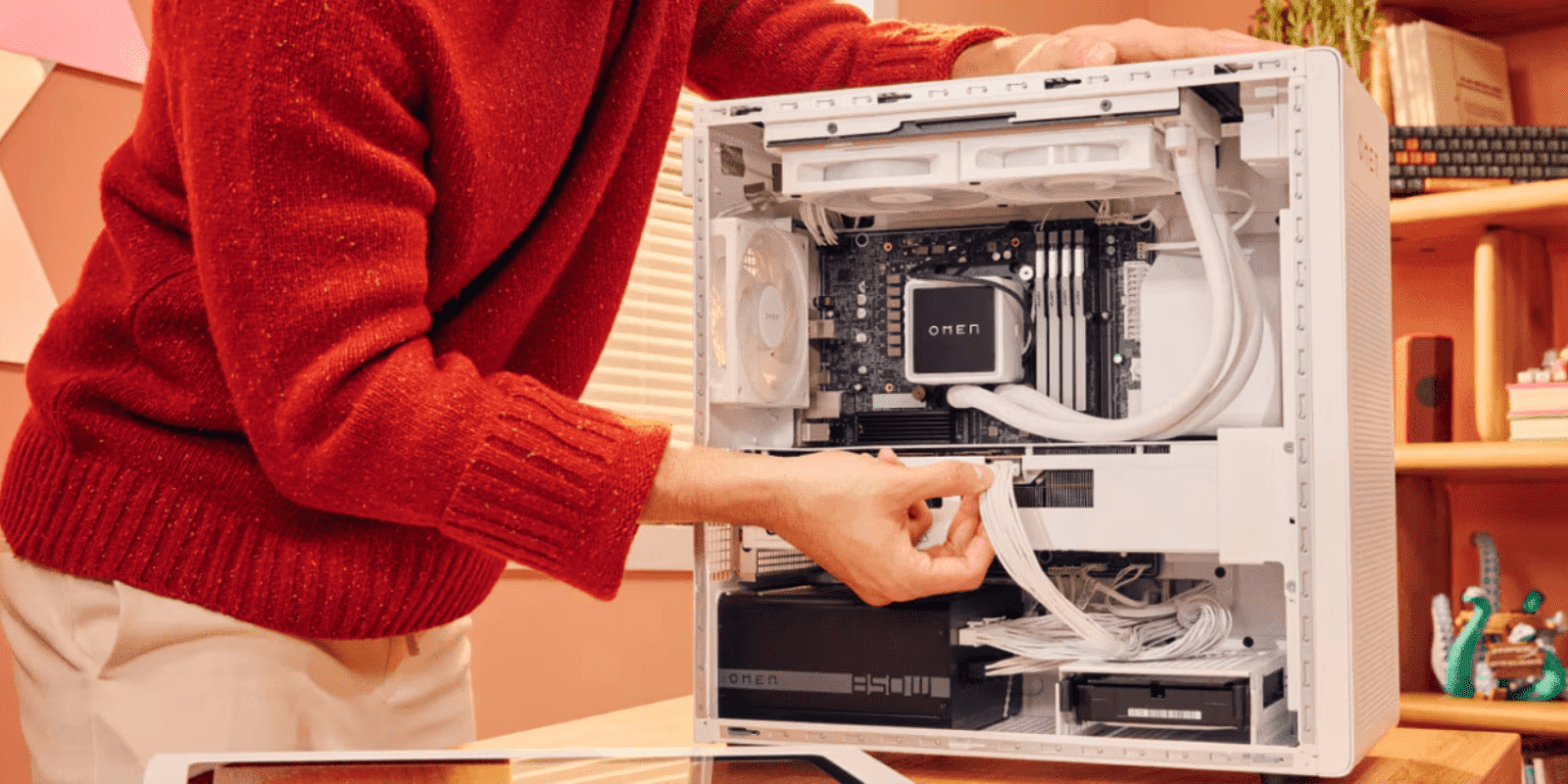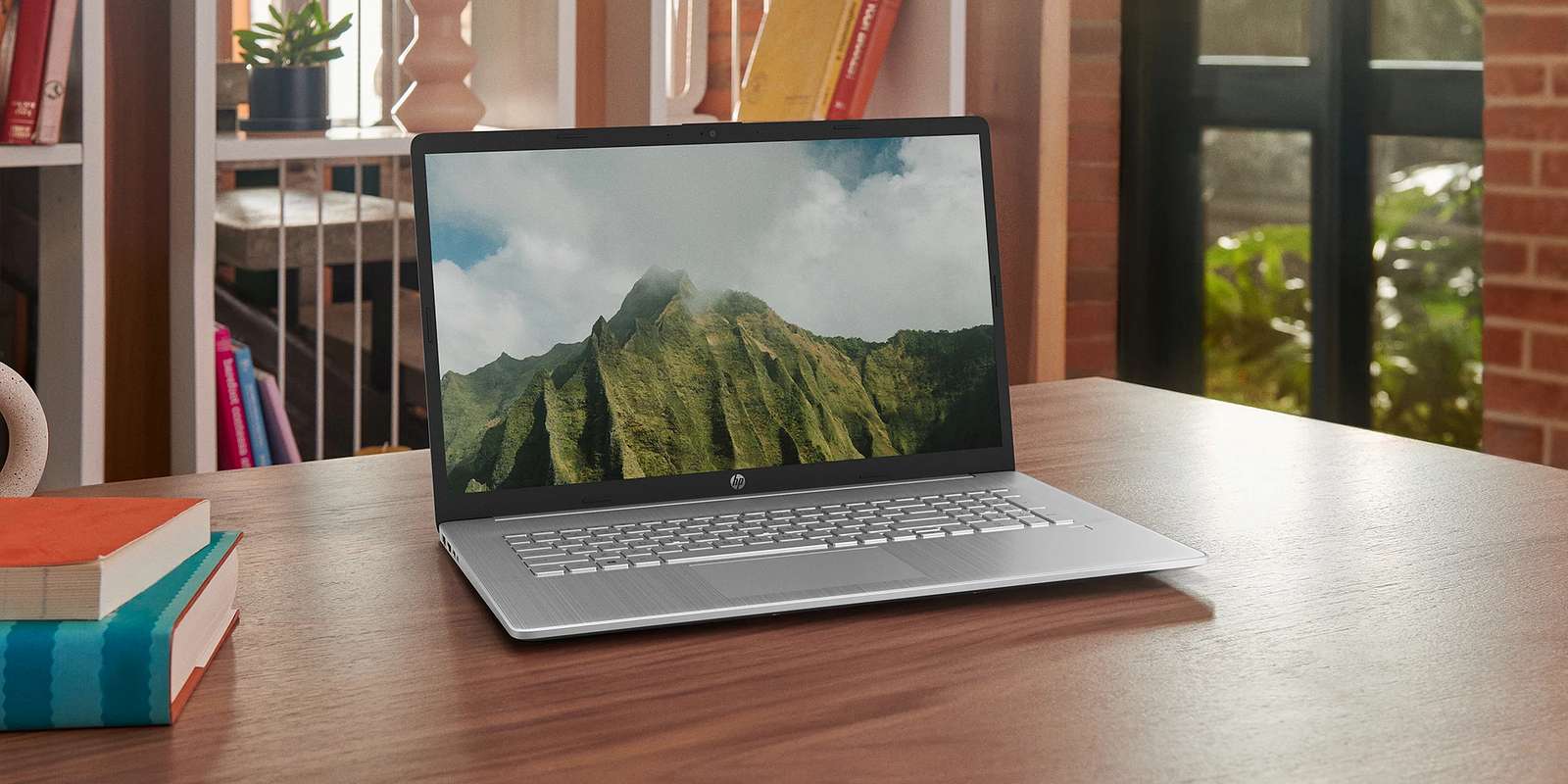Thank you for visiting the NEW ZEALAND HP Store
-
Contact Us
CONTACT USCall us
- Sales
- 0800 854 848
- Technical support
- +64 9884 8600
Mon-Fri 9.00am - 6.00pm
(exc. Public Holidays)
Chat with us- Our specialist are here to help
- Live chat
Mon-Fri 9.00am - 6.00pm
(exc. Public Holidays)
Submit feedback We value your opinion! - My Account
Desktops
-
Read more »
As gaming technology continues to advance across New Zealand, from Auckland esports enthusiasts to Wellington content creators, the demand for powerful hardware with efficient cooling has never been greater. HP OMEN desktops are specifically engineered for peak gaming performance, and the secret often lies in their sophisticated thermal architecture designed to keep heat under control.
-
Posted: September 20, 2025Categories: DesktopsRead more »
The computing landscape across New Zealand is undergoing a fundamental transformation. Whether you’re working from home in Auckland, studying in Wellington, or running a business in Christchurch, the way we interact with technology is evolving rapidly. Whilst traditional PCs with standard CPUs and GPUs have served us well for decades, AI PCs are emerging as the next evolution in personal computing. These systems combine traditional processing power with specialised AI hardware, creating machines that work smarter, not just harder.
-
Read more »
The artificial intelligence landscape continues evolving at an unprecedented pace across New Zealand’s growing tech sector, with deep learning workstation performance directly impacting project timelines, research velocity, and operational costs. The selection of appropriate hardware infrastructure has become crucial for accelerating model development, enabling rapid experimentation, and optimising total cost of ownership for AI initiatives in New Zealand’s competitive market.
-
Read more »
The gaming landscape across New Zealand has been fundamentally transformed by free-to-play (F2P) titles, removing financial barriers and creating massive, accessible competitive communities. Games like Fortnite, Valorant, and League of Legends have proven that exceptional gaming experiences don’t require upfront costs. However, this accessibility has revealed a complex new dynamic: whilst the games themselves are free, the hardware required to play them competitively is not.
-
Posted: August 13, 2025Categories: DesktopsRead more »
Last Epoch has emerged as one of the most demanding Action RPGs of 2024, captivating New Zealand gamers with its complex environments like the Arena and Monolith of Fate that push gaming hardware to its limits. The game’s robust crafting system, deep character customisation, and intensive skill tree navigation require both processing power and graphical performance to deliver the smooth, responsive gameplay that ARPG enthusiasts across New Zealand demand.
-
Posted: August 06, 2025Read more »
If you reckon you need more space for games or believe it’s time to boost system performance, upgrading to an SSD may be the smartest investment you can make. Modern games can require a substantial amount of storage space, and for Kiwi gamers with slower internet connections in some regions, managing that storage efficiently becomes even more critical. For example, the Call of Duty series requires around 120-150 GB of space to install, and with updates this can increase to up to 200 GB.
-
Posted: June 27, 2025Read more »
Whether you’re a Kiwi gaming enthusiast looking to upgrade your setup or a professional seeking better cooling solutions, transferring your desktop components to a new case can breathe new life into your system. This comprehensive guide walks you through every step of the process, ensuring a smooth transition whilst maintaining the performance you depend on.
-
Read more »
Virtual Reality (VR) offers the most immersive gaming experience possible by placing you directly inside the action. For New Zealand gamers looking to push the boundaries of their gaming setup, pairing a high-performance HP gaming PC with the right VR configuration can unlock truly extraordinary experiences that blur the line between virtual and reality.
-
Read more »
HP OMEN gaming PCs have established themselves as powerhouses amongst New Zealand’s gaming community, delivering the performance and reliability that both casual and competitive gamers across Aotearoa demand. Whilst much attention is given to processors, graphics cards, and RAM, the way you connect your peripherals can significantly impact your gaming experience—whether you’re competing in esports tournaments in Auckland or enjoying casual gaming sessions in Wellington.
-
Read more »
For New Zealand gaming enthusiasts seeking to push their systems beyond standard performance, there’s a compelling middle ground between building from scratch and buying pre-built: the hybrid approach. This strategy combines the reliability and engineering excellence of HP OMEN systems with strategic aftermarket upgrades, creating a personalised gaming powerhouse that suits the unique needs of Kiwi gamers.
- Sales
- 0800 854 848
- Technical support
- +64 9884 8600
Mon-Fri 9.00am - 6.00pm
(exc. Public Holidays)
- Our specialist are here to help
- Live chat
Mon-Fri 9.00am - 6.00pm
(exc. Public Holidays)
